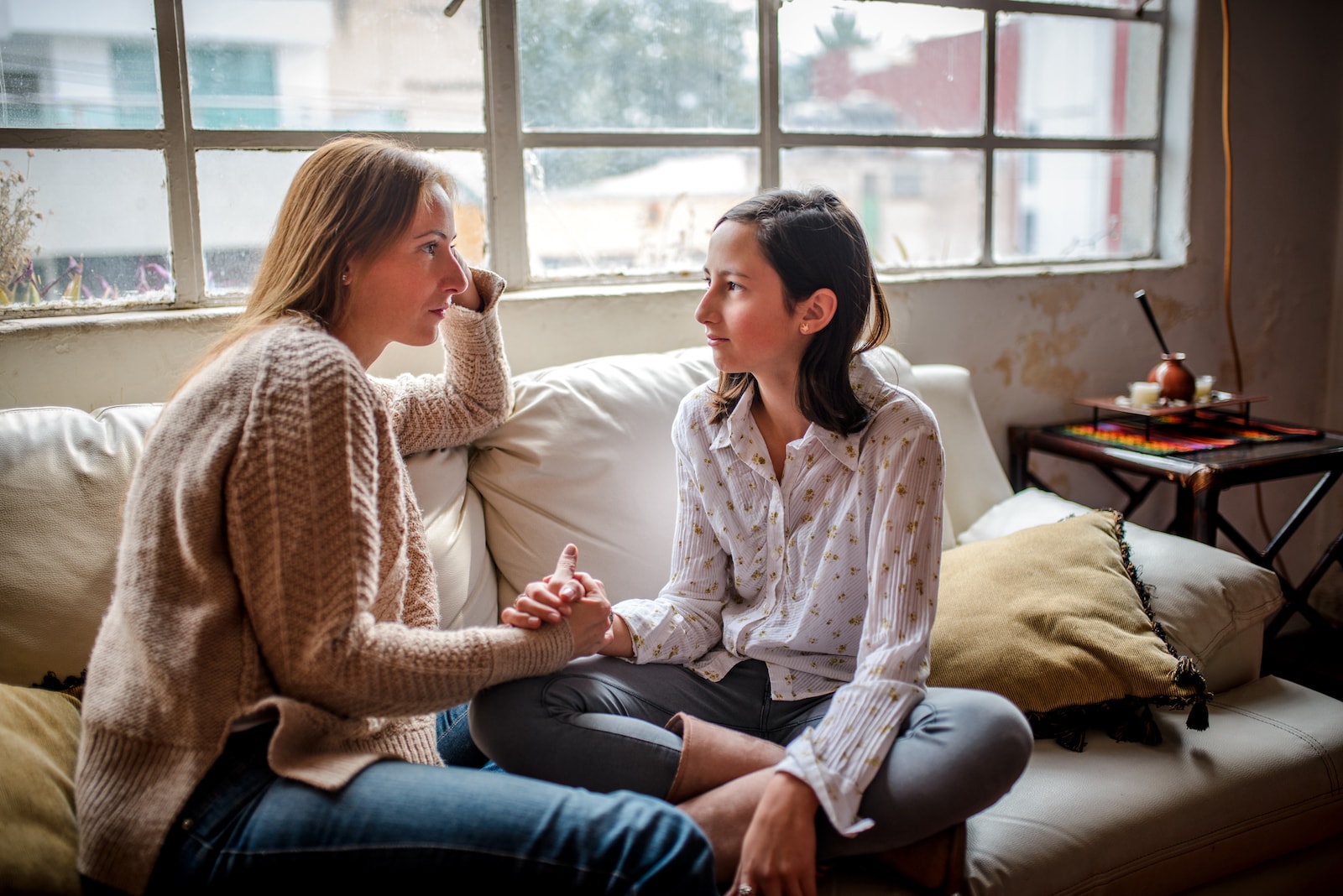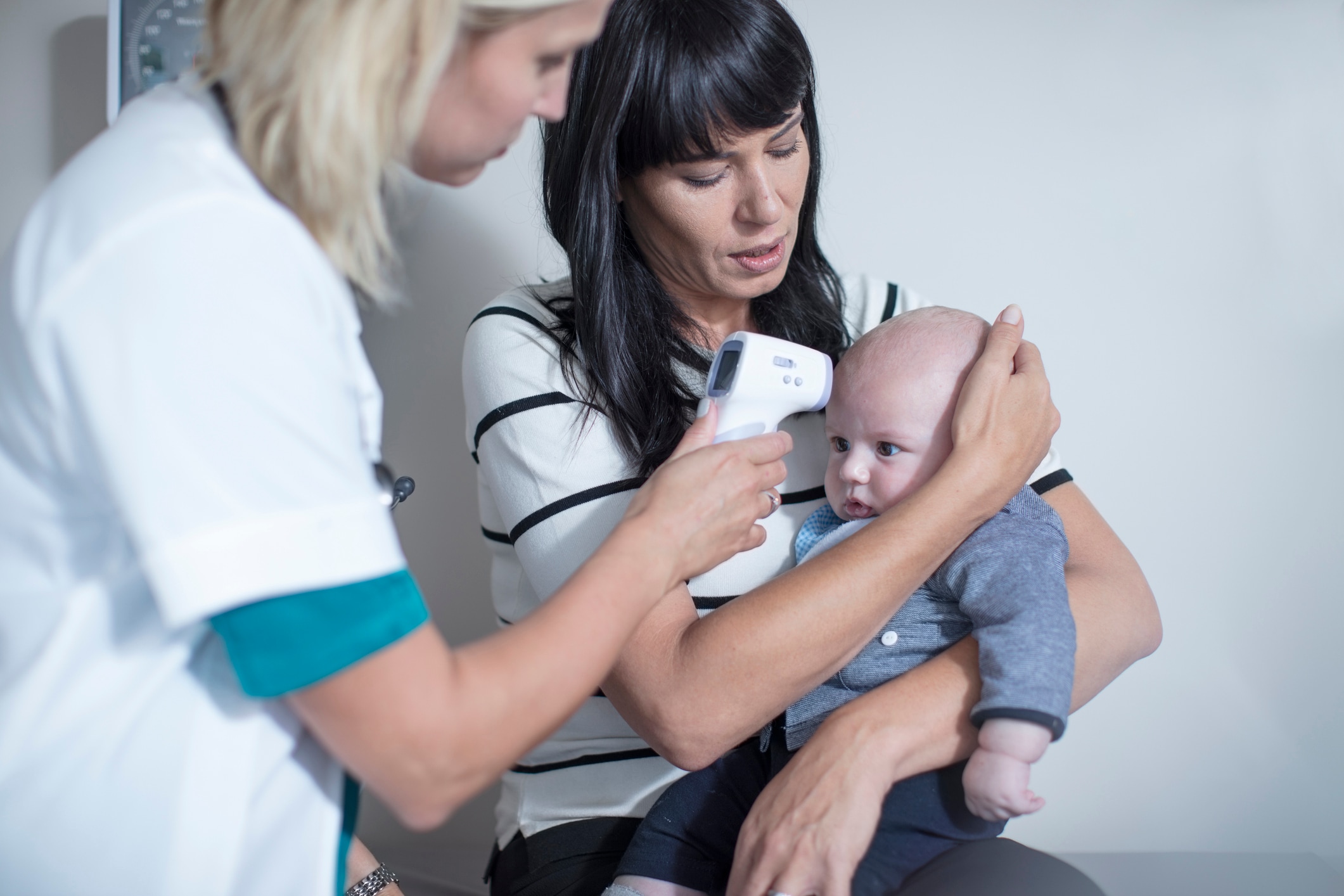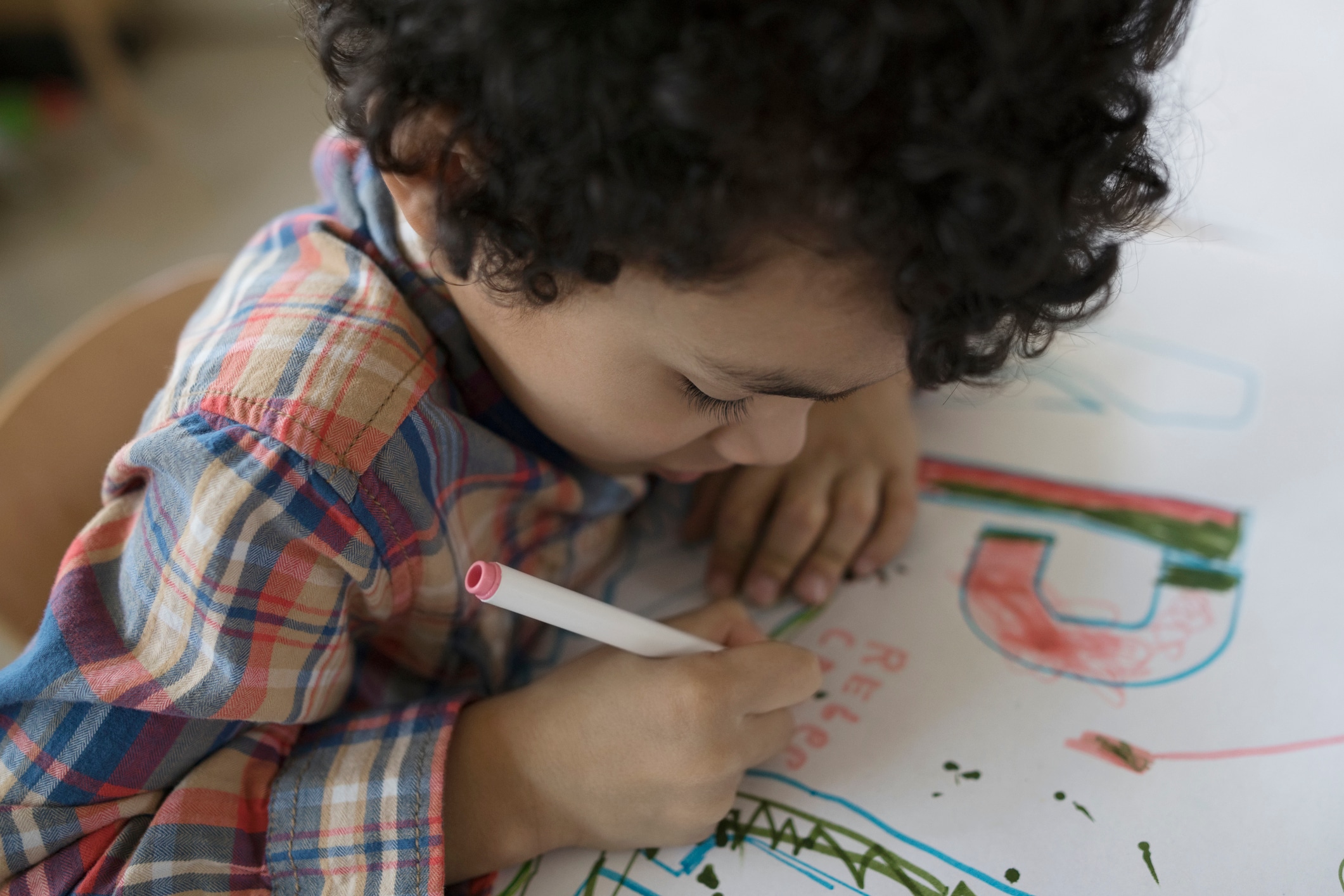There’s no getting around it: It’s heartbreaking to learn that a loved one has been diagnosed with dementia. Unfortunately, statistics suggest that this condition is on the rise. Dementia affects one in every 14 people over the age of 65, according to the Alzheimer’s Society. And the U.S. Census reports that boomers, one of the largest generations, will all reach 65 by 2030.
No matter your age, it hurts to watch someone you love grow confused. But memory loss can be particularly upsetting for children. Roseann Capanna-Hodge, a certified school psychologist, licensed professional counselor and founder of The Global Institute of Children’s Mental Health, says parents can help by being candid about what a dementia diagnosis means. Children will be more distressed and scared if you don’t, she says.
So exactly when and how should you talk to kids about dementia? We asked Capanna-Hodge and other experts to share their best advice.
“Dementia is a progressive disease. The sooner the child knows, the better they will be at trusting adults along with acquiring skills of dealing with painful emotions.”
— RACHNA BUXANI-MIRPURI, A LICENSED MENTAL HEALTH COUNSELOR
When to tell kids that a loved one has dementia
If someone in your family has been diagnosed with dementia or is exhibiting signs of memory loss, consider this your cue to have a frank discussion with your kids. All three experts agree that postponing a discussion about memory loss will do more harm than good.
“Dementia is a progressive disease,” says Rachna Buxani-Mirpuri, a Florida-based licensed mental health counselor with extensive experience in school settings. “The sooner the child knows, the better they will be at trusting adults along with acquiring skills of dealing with painful emotions.”
How to prepare for the conversation
To best support your child, take a moment to prepare for their first conversation about dementia.
Learn the facts
First, educate yourself on dementia and Alzheimer’s basics. And don’t hesitate to call your loved one’s doctor if you have clarifying questions, says Kim Middleton, a nurse who worked with dementia patients and their families for 20 years. If caregivers don’t fully understand how to interact with a person experiencing dementia, it’s tough to correctly coach the kids.
Capanna-Hodge and Buxani-Mirpuri also emphasize the importance of fact-gathering. You don’t need to have all the answers, but you should be able to explain the diagnosis and how it typically progresses.
Gather kid-friendly resources
Books can help children understand what’s happening to their loved one, says Middleton. That’s why when the time came for Melanie, a mom in Tennessee, to talk to her kids about a grandparent’s memory loss, she enlisted the help of a local librarian.
Here are a few suggestions.
Best books for toddlers and preschoolers
- “Lovely Old Lion” by Julia Jarman (recommended for ages 3-7)
- “Granny Can’t Remember Me” by Susan McCormack
Best books for preschoolers and young elementary schoolers
- “Grandma and Me: A Kid’s Guide for Alzheimer’s and Dementia” by Beatrice Tauber Prior and Mary Ann Drummond (recommended for ages 4-6)
- “Weeds in Nana’s Garden” by Kathryn Harrison
- “Harry Helps Grandpa Remember” by Karen Tyrrell (recommended for ages 4-10)
Best books for tweens and up
- “Remembering for Both of Us” by Charlotte Wood
- “The Brilliant Fall of Gianna Z.” by Kate Messner
- “Remember This” by S.T. Underdahl
Choose a private time and place
It’s best to broach this potentially upsetting subject when your children have the space and time to process. Buxani-Mirpuri emphasizes the importance of surrounding the child with only people they know and trust.
She and Capanna-Hodge say that it’s unnecessary to include the loved one experiencing memory loss or other signs of dementia. Spotlighting their memory loss in front of the kids could exacerbate the senior’s feelings of confusion, embarrassment or distress, says Capanna-Hodge.
Tips for explaining dementia to kids
Below, the experts and mothers we spoke to who have navigated this situation offer their best tips for talking to children about dementia.
“Stick to the truth. Do not give children false hope.”
— RACHNA BUXANI-MIPURI
1. Be direct and honest
Middleton says it’s OK to start simply. For instance, you might say, “Grandma’s brain is not working correctly.” From there, explain that the loved one might act or speak differently because of their illness.
“Stick to the truth,” Buxani-Mirpuri reminds. “Do not give children false hope.”
When Katie Pickard, a mother of three in Indiana, first talked to her young kids about their grandpa’s Alzheimer’s disease diagnosis, she struggled most when explaining that there is no cure. “They didn’t — and probably still don’t — comprehend this,” she says. “When they are sick, they take medicine and feel better. My dad takes medicine, but it’s to help with different symptoms.”
2. Tell the kids confusing behaviors are not their fault
A grandparent with dementia might forget a child’s name, become disinterested in conversation, or abruptly get loud or agitated. It’s common for kids to wonder what they did wrong to trigger these reactions from someone they love, says Middleton. She suggests frequently reminding kids that dementia-related behaviors are not their fault.
3. Outline any changes to family routines
A dementia or Alzheimer’s disease diagnosis can spell big changes for the family schedule. If you foresee this, tell your kids. Discussing new routines, such as Sunday visits to a long-term care facility or accompanying Grandma to regular doctor’s appointments, also opens up the opportunity to brainstorm new activities that the person with dementia can still enjoy.
4. Strive to share information that’s age-appropriate
In general, younger children simply need to know that their loved one is unwell, says Buxani-Mirpuri. Answer their questions, encourage them to share their feelings and let them know that the illness is not their fault.
Older children, on the other hand, can often differentiate between physical and mental illness. So feel free to share information about dementia. Suggesting new ways to communicate with someone with dementia can also build older kids’ and tweens’ confidence, she adds.
5. Let kids know their feelings are valid
Dementia can be confusing, sad and scary. Encouraging kids to verbalize their emotions will help them process and help you respond to their specific questions and fears. Capanna-Hodge says her top tip as a psychologist and a mom is to have frequent, honest conversations in which you validate your child’s feelings. That means actively listening and reflecting what you heard without judgement.
For instance, if a child says that they’re feeling scared, avoid telling them that there’s nothing to fear. Instead, you could respond with, “I understand that you feel scared. It’s scary when someone we love doesn’t remember us.”
For Melanie, calmly expressing her own sadness or grief is a way to encourage her kids to share theirs, especially when witnessing a loved one’s mental or physical illness. “Kids need to know to expect big feelings and that those big feelings are OK,” she says.
7. Plan ways to stay involved as the dementia progresses
Middleton suggests brainstorming with the kids about activities they can still enjoy with their aging loved one.
It’s tempting to pull away, but there are ways to keep kids involved with grandparents who do not remember them, says Pickard. “[They’re] so great with helping,” she adds. “They help him eat his food, they take him his drink … They fight over who gets to push him and buckle him in.”
Megan M., now a mother of four from Elkhart, Indiana, recalls how her parents dealt with conversations when her grandmother experienced dementia. She still appreciates how they nurtured her relationship with him. “They encouraged us to capitalize and capture every moment that [he] was himself,” she says. For as long as he could remember the rules, the family played card games together. Megan says that though it was an exercise in patience, she treasures the moments when he engaged with her.
What you need to know to have ongoing conversations
Because dementia is a progressive condition, as your loved one’s mental — and sometimes physical — health declines, you will need to check in with your children again and again, emphasize Capanna-Hodge and Buxani-Mirpuri.
Pickard’s father has been ill since 2015, and she says there is still so much to process. Though many important conversations center around memory loss, she says it’s important to acknowledge the impact of physical regressions too.
Talking to your kids about dementia can be unnerving. But the more you communicate and prepare them, the more they will feel that their own thoughts and fears are heard.
As Melanie puts it, “Let them know that their grandparent may not know them, but it’s not because they aren’t important.”





